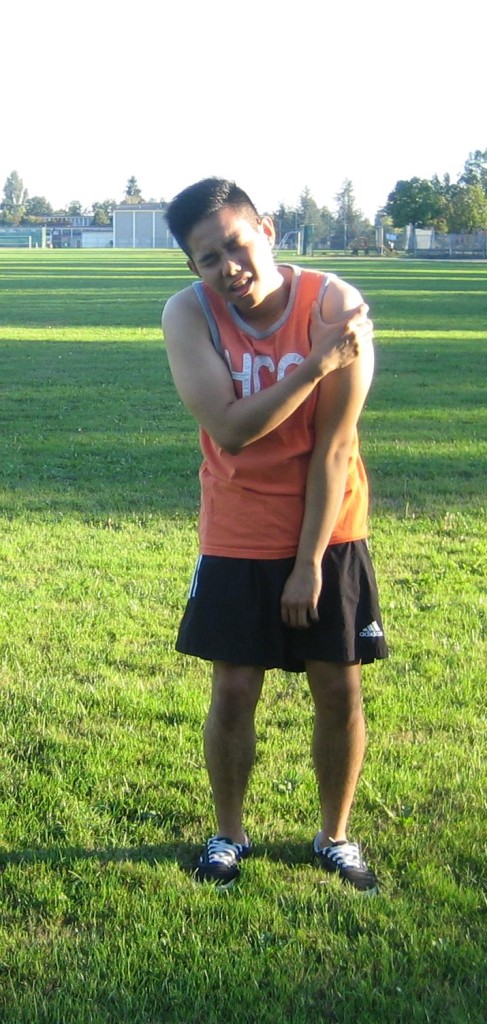One of the shoulder problems many individuals experience is due to a pinched shoulder nerve. The nerves are pinched once a bone, tendon, muscle or cartilage presses on or crushes a nerve root which is a part of the nerve that exits from the spinal column.
If a nerve is pinched in the neck, it can trigger weakness, pain, tingling or numbness in the arm and shoulder area. Conservative treatment is enough to alleviate the symptoms of a pinched shoulder nerve within a span of a few weeks, but surgical intervention might be required in some cases.
Adequate rest and support
Encourage the individual to take a break for a few days from any physical activity to minimize the pain and inflammation due to a pinched shoulder nerve. It is also recommended to use a soft neck collar to limit neck movement while allowing the muscles to relax.
The individual should also perform gentle stretching and range of motion exercises as well as avoid activities such as heavy lifting, jogging, twisting movements, leg lifts, football, golf, ballet and sit-ups for about 6-weeks.

Medications
There are over-the-counter non-steroidal anti-inflammatory drugs (NSAIDs) such as aspirin and ibuprofen that work by reducing the swelling and pain from a pinched shoulder nerve.
In cases where severe pain is present, the doctor might prescribe oral corticosteroids to minimize the discomfort and inflammation. Additionally, steroid injections can be administered close to the affected nerve.
Thermal therapy for a pinched shoulder nerve
The application of an ice pack on the affected area during the initial 48-72 hours and then followed by heat can minimize the pain and inflammation. Cold therapy is ideally applied for 20 minutes every hour while the individual is awake. An ice pack or bag of vegetables can be used. As for the heat therapy, a heating pad, warm compress or a hot shower are suitable.
Physical therapy
An individual with a pinched shoulder nerve can greatly benefit from physical therapy. With the help of this program, the individual is guided regarding proper body alignment, modification of daily activities and correct lifting techniques. Strengthening and stretching exercises as well as traction can also relieve the pressure on the affected nerve. Other modalities that can be used include ultrasound, massage and heat therapy.
Surgical intervention for a pinched shoulder nerve
An individual who has symptoms of a pinched shoulder nerve that are not effectively managed with conservative treatment might require surgery as the last resort. The surgery will help reduce the pressure on the nerve and stabilize the spine.
Depending on the source of the issue, surgery might involve removal of bone or soft tissue to allow more space for the nerve. In some cases, spinal fusion is performed to stabilize and align the spine with the help of a bone graft or hardware. In most cases, the symptoms vanish after surgery but full recovery usually takes 6-12 months.

